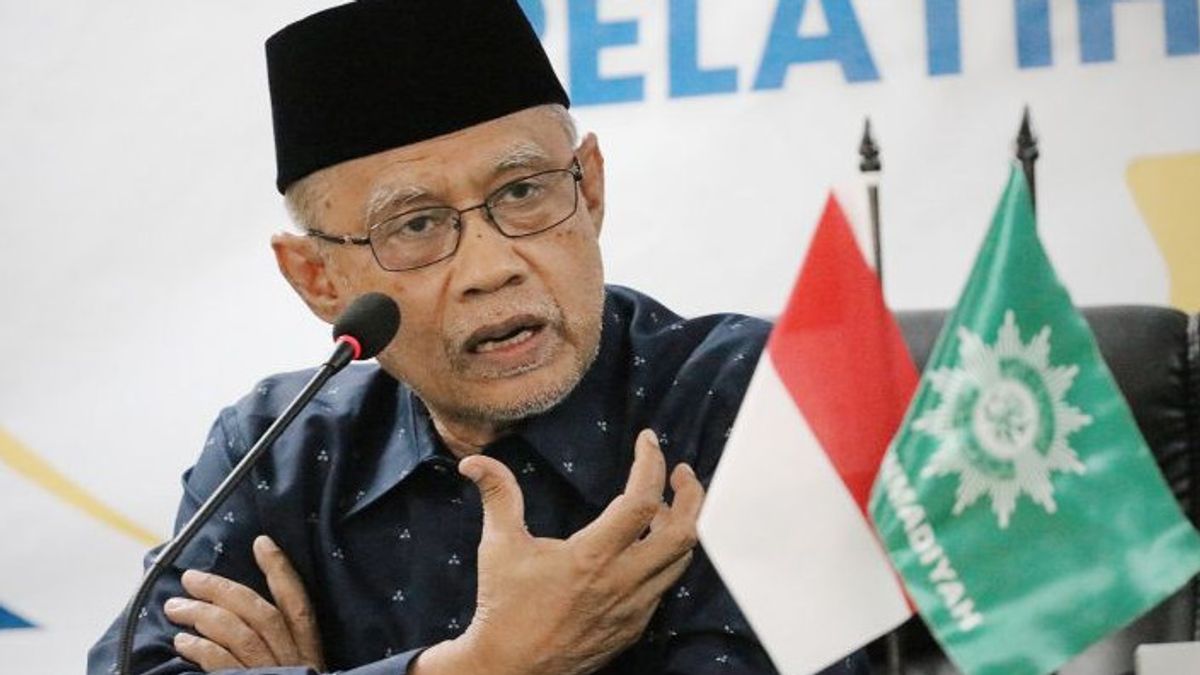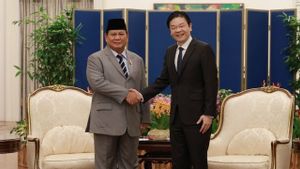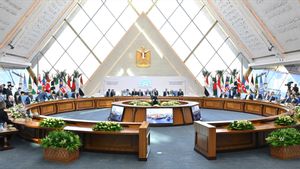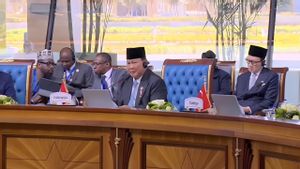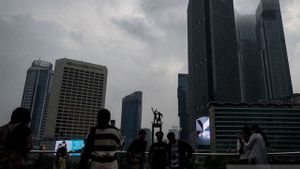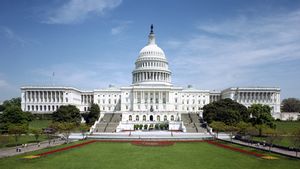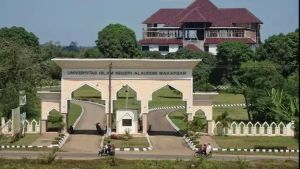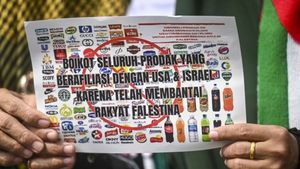YOGYAKARTA - Commemorating the birthday of Pancasila needs to emphasize the commitment to actualize the five precepts in the life of the nation and state in real terms. This was revealed by the General Chairperson of the Muhammadiyah Central Executive Haedar Nashir.
"If Soekarno mentions Pancasila as a 'philosopische gyrdslag' (the philosophical basis) or 'weltanschauung' (world view) then the basis of this country must be the foundation of the building of the life of the nation and state structurally, meaning that it is truly an important value that is soulful and at the same time fundamental thinking in the life of the nation and state administration," said Haedar in his statement in Yogyakarta, quoted from ANTARA, Saturday, June 1.
According to the values of Pancasila in the first precept, he said the Indonesian people must really live life based on God Almighty.
"The value of belief in God is returned to the religion of each citizen, so that it does not become an anti-religious (agnostically), anti-theateical, and secular nation that keeps religion away from life," said Haedar.
Even the state, he said, must heed the values or teachings of religion, because in Article 29 of the 1945 Constitution, the existence of religion is recognized by the constitution, even according to Soekarno, the State of Indonesia itself must be strengthened.
"Indonesia is not a religious country, but should not be a secular country that moves away, circumvents, and is hostile to religion. Organizers and state officials must be religious and carry out their religion in accordance with the beliefs and beliefs they adhere to," said Haedar.
He said that in managing the country, you must be afraid of God by not corruption and abusing power in any form, and not as much as possible in managing the country and the nation.
"States and state officials as well as state elites must play a role in second values, fair and civilized humanity. Humanitarian values, justice, and civility must be upheld, enforced, and practiced in the nation and state," he said.
Furthermore, Haedar stated that the principle of Indonesian Unity must also be realized in the real life of the nation and not be a mere slogan.
According to him, the actualization of unity should not only be in line and support the interests and groups of themselves, regarding their own affairs and interests, their own families, their own groups, their own parties then sacrificing other components of the nation.
"Those who support are embraced and spoiled with all the privileges, on the contrary those who are critical or disfavor are beaten and set aside or marginalized," he said.
SEE ALSO:
The fourth precept, he said, is as important in the nation and state, including in politics and democracy.
"The actors, both institutions and elites, are used to pragmatic and opportunistic, in order to achieve and realize their interests. Anything is lawful, including outsmarting the constitution and regulations. The law is misused and circumvented for the sake of political interests for a moment. The citizens of the nation are also accustomed to pragmatic and opportunistic, therefore Indonesian politics and democracy have lost the soul of wisdom, deliberation, and representation," said Haedar.
The principle of social justice for all Indonesian people, according to him, is more abandoned because parties who have political, economic and access to the state are increasingly controlling Indonesia, while the majority of the people who are weak are getting weaker.
"Social disparity and poverty are still reality in this country. Meanwhile, the political oligarchy and the economic oligarchy are increasingly ensnaring national and state life in this Republic," said Haedar.
Haedar said that various charming slogans, rhetoric, and jargon about Pancasila would lose summa if it was not accompanied by the commitment of the system and its human beings to realize the five precepts of Pancasila in nations.
He hopes that Pancasila will not only become rhetoric and utopian theory that hangs in space, but lose a real foothold and evidence in Indonesia, and become the splendor of symbols without meaning.
All officials in the executive, legislative, judicial, political parties, and government institutions as well as other components of the nation, he said, must have a law in Pancasila in real life.
"That is the word Pancasila, not the word Pancasila. Pancasila will make Indonesia victorious towards the ideals made by the founders of the country," he concluded.
The English, Chinese, Japanese, Arabic, and French versions are automatically generated by the AI. So there may still be inaccuracies in translating, please always see Indonesian as our main language. (system supported by DigitalSiber.id)
